As long as the global food and energy crisis continues, Lebanese households – which rely overwhelmingly on imported products – will start skipping meals, eating less, losing nutrients, and falling ill.
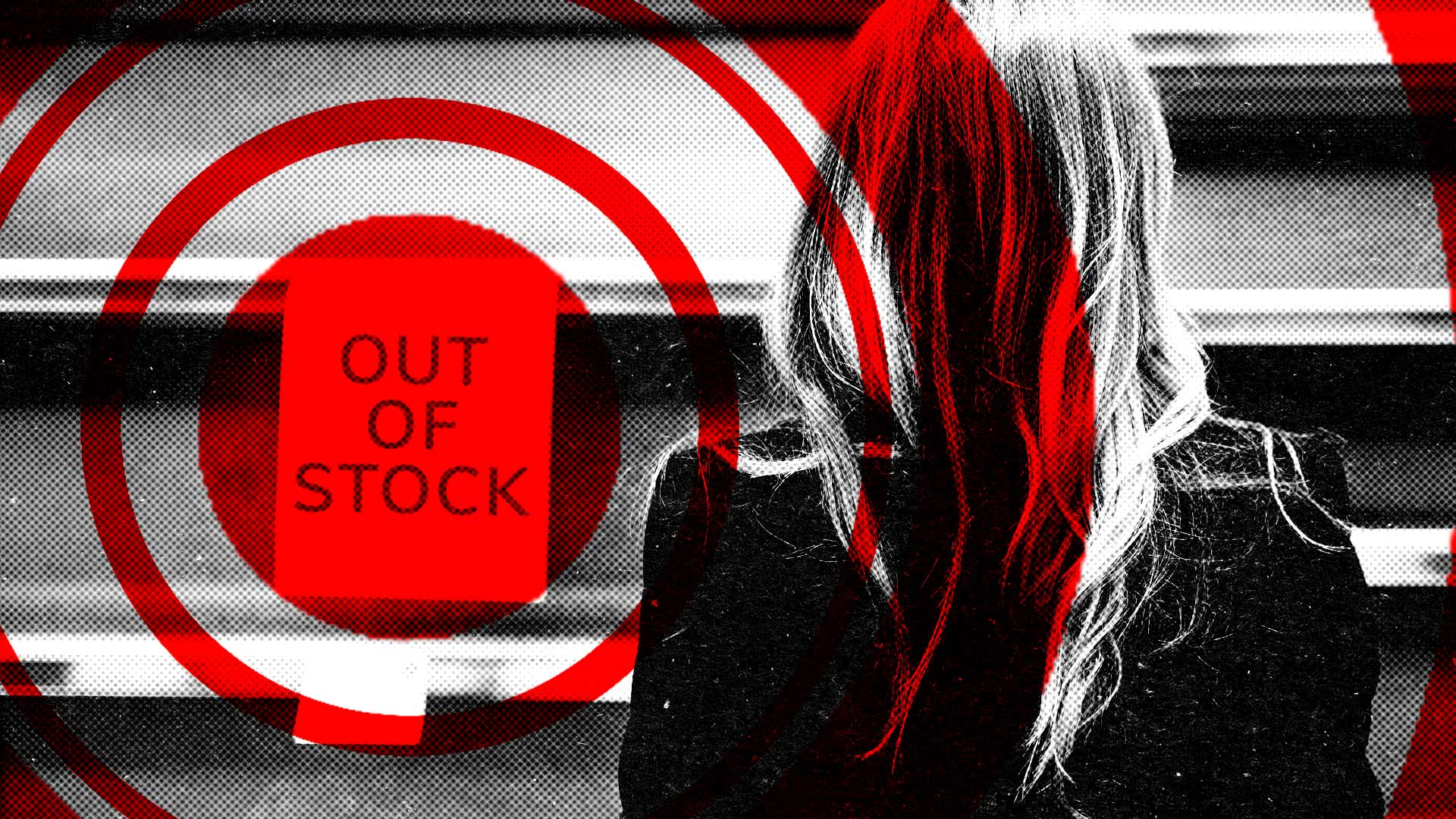

As long as the global food and energy crisis continues, Lebanese households – which rely overwhelmingly on imported products – will start skipping meals, eating less, losing nutrients, and falling ill.

Since 1985, the Lebanese government has made at least 13 such announcements, plans, proposals and / or studies about new public transport projects – an average of one every 2.4 years.
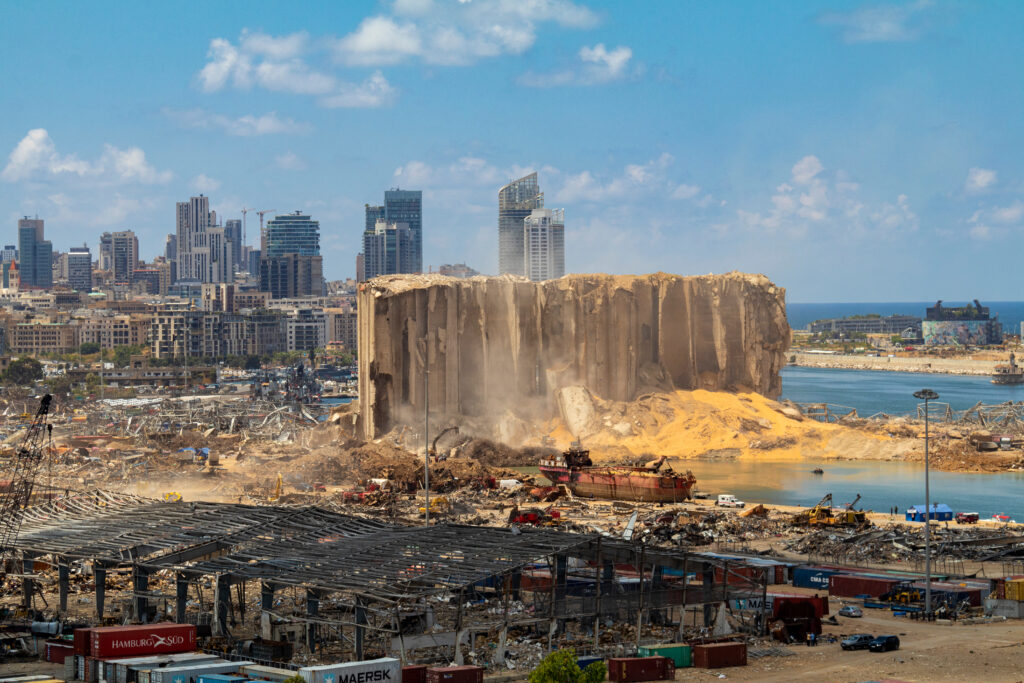
The Ukrainian crisis is merely the latest alarming threat to Lebanese food security in recent years. It follows on the heels of the country’s economic crisis, the COVID-19 pandemic, and the Beirut Port explosion – a series of unambiguous warning shots.

How banking regulations can fairly allocate losses and avert future crises.
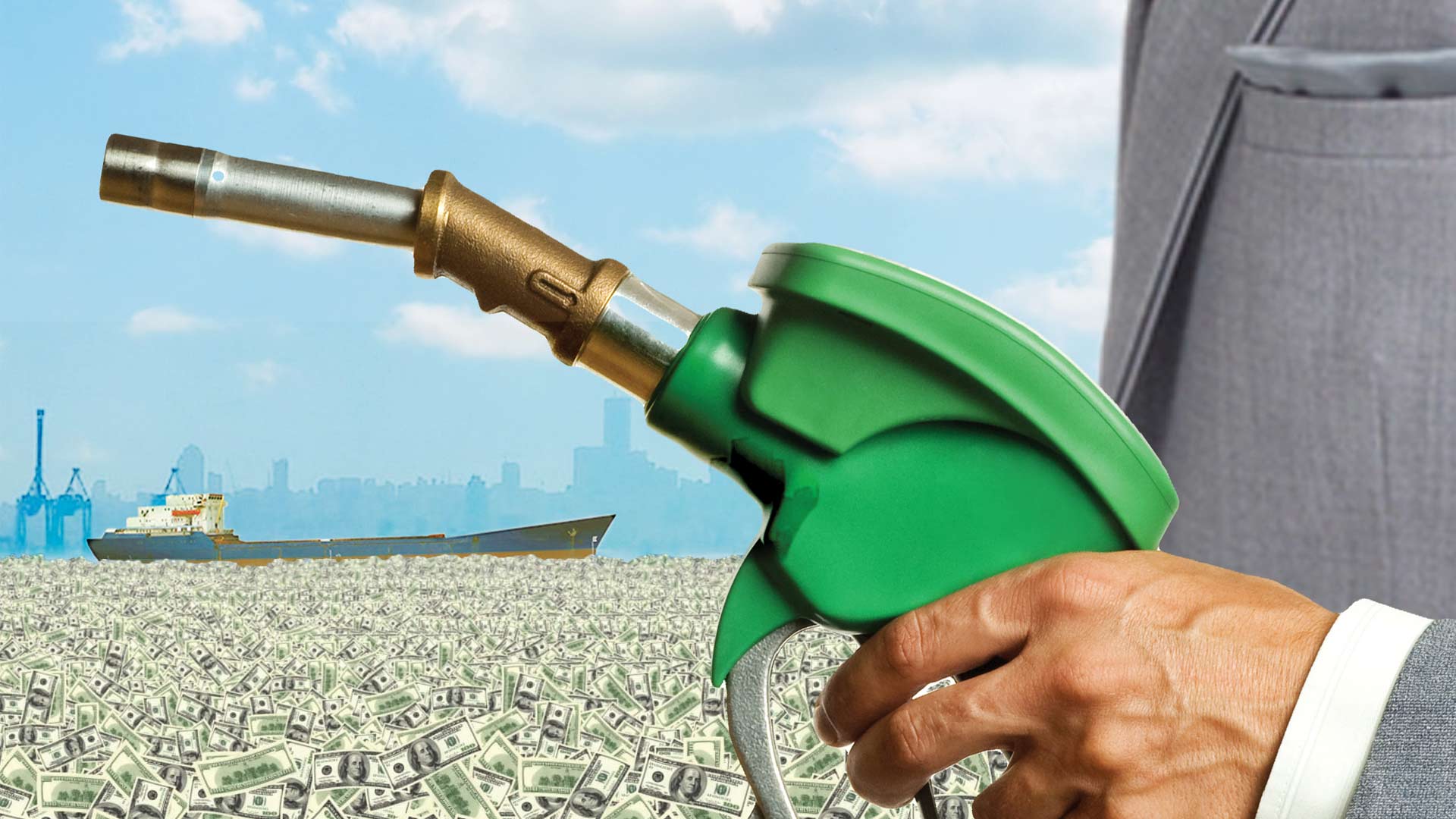
Eliminating national oil dependence will clear out conflicts of interest.

In light of Lebanon’s economic turmoil and pension crisis , how can we safeguard the retirement savings of Lebanese citizens?
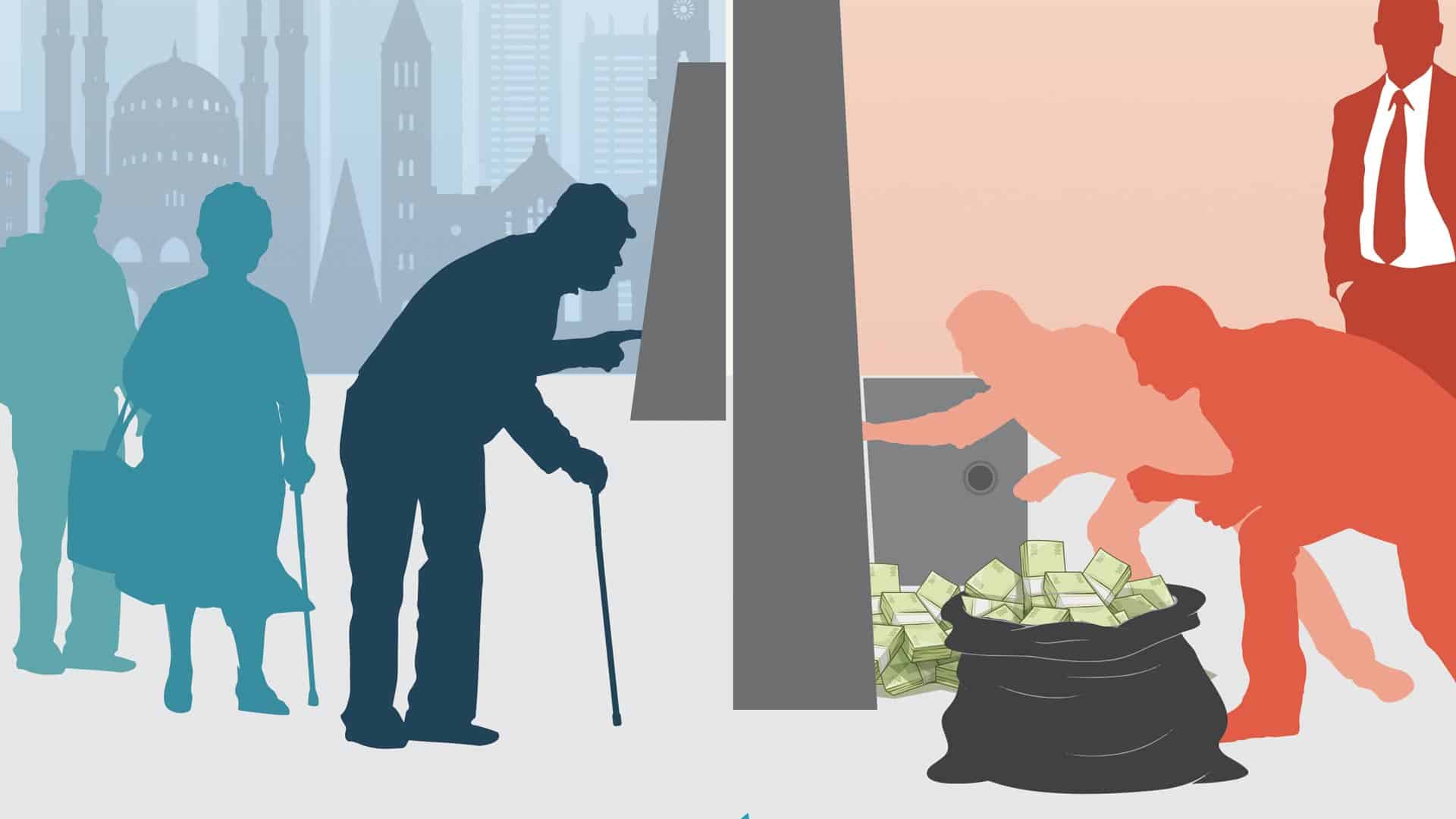
The urgent need to salvage and reform worker’s retirement schemes.

How farms and factories can make or break Lebanon’s future.

Exploring financial crimes in Lebanon, depositors’ pursuit of justice, the BDS campaign against banking elites, and the challenges of money recovery.
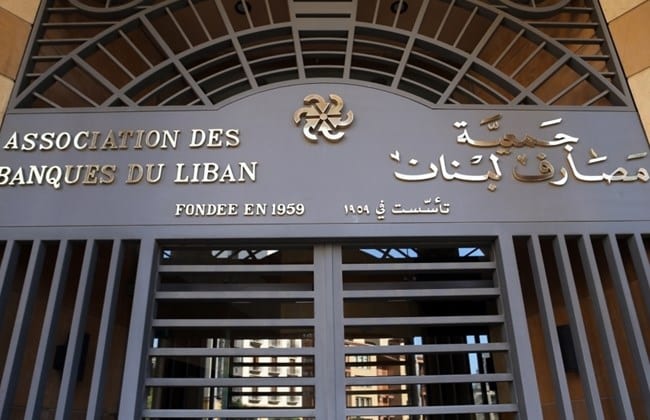
When Lebanon’s financial sector imploded, it was inevitable that the country’s elites would try to shunt those losses onto everyday Lebanese. Over several years, Lebanese bankers had gambled away their customers’ savings, leaving banks unable to meet their debts by October 2019 – if not earlier....

Pathways for Lebanese depositors to force bankers towards a fair deal.

As Lebanon approaches another round of parliamentary elections opposition parties face old threats and new opportunities.

In the midst of Lebanon’s public transport challenges, we try to envision a diverse and inclusive system that unites citizens and transcends political divisions.
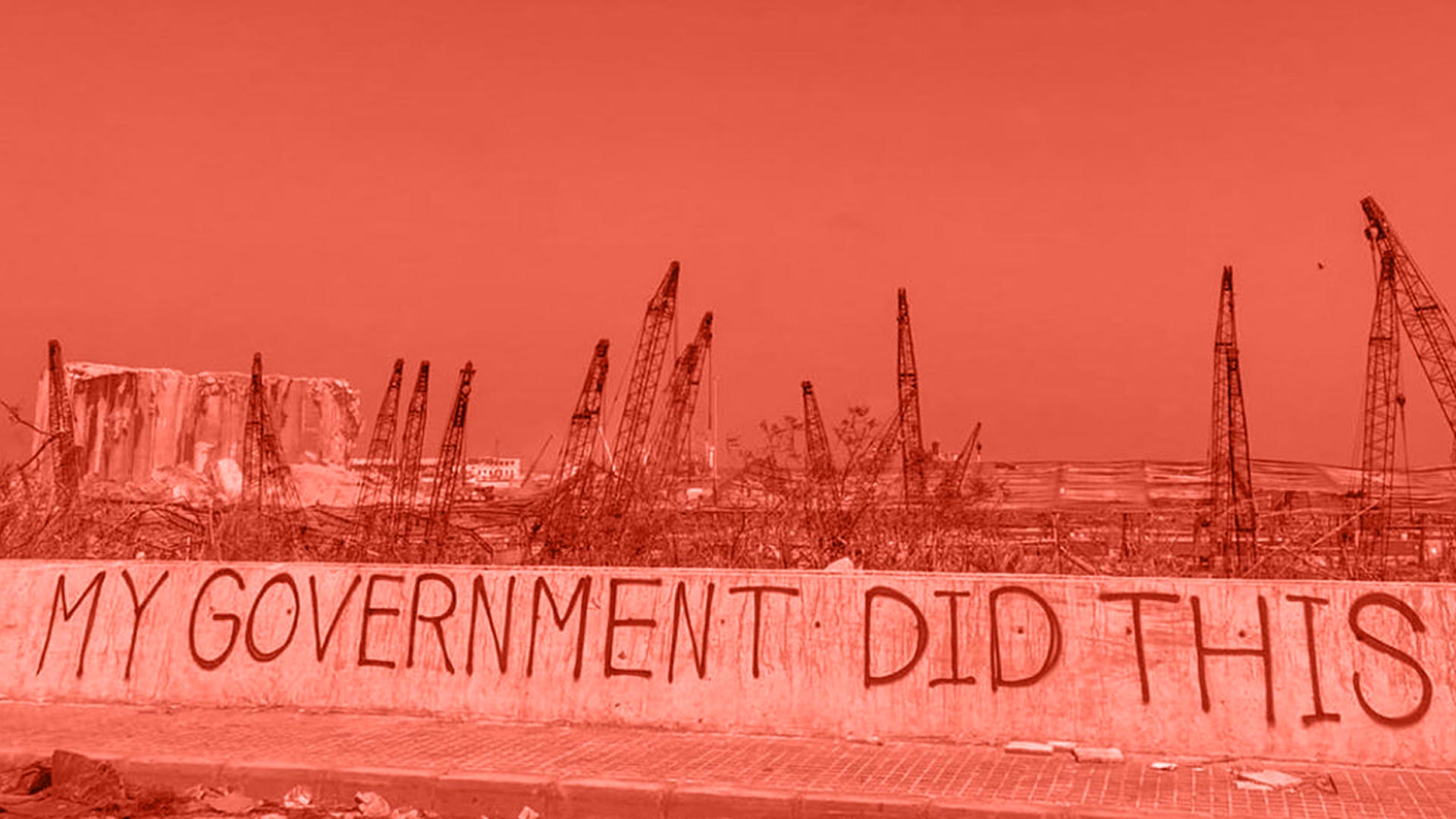
Sanctions and principled aid can pull Lebanon back from the abyss – but only by targeting the banking sector and carefully monitoring the state’s role in aid distribution

Exploring Lebanon’s socioeconomic frailties and policy solutions: Confronting rentier capitalism and crafting a fairer future.

How a clandestine plan is forcing the Lebanese people to pay for a banking crisis created by elites.
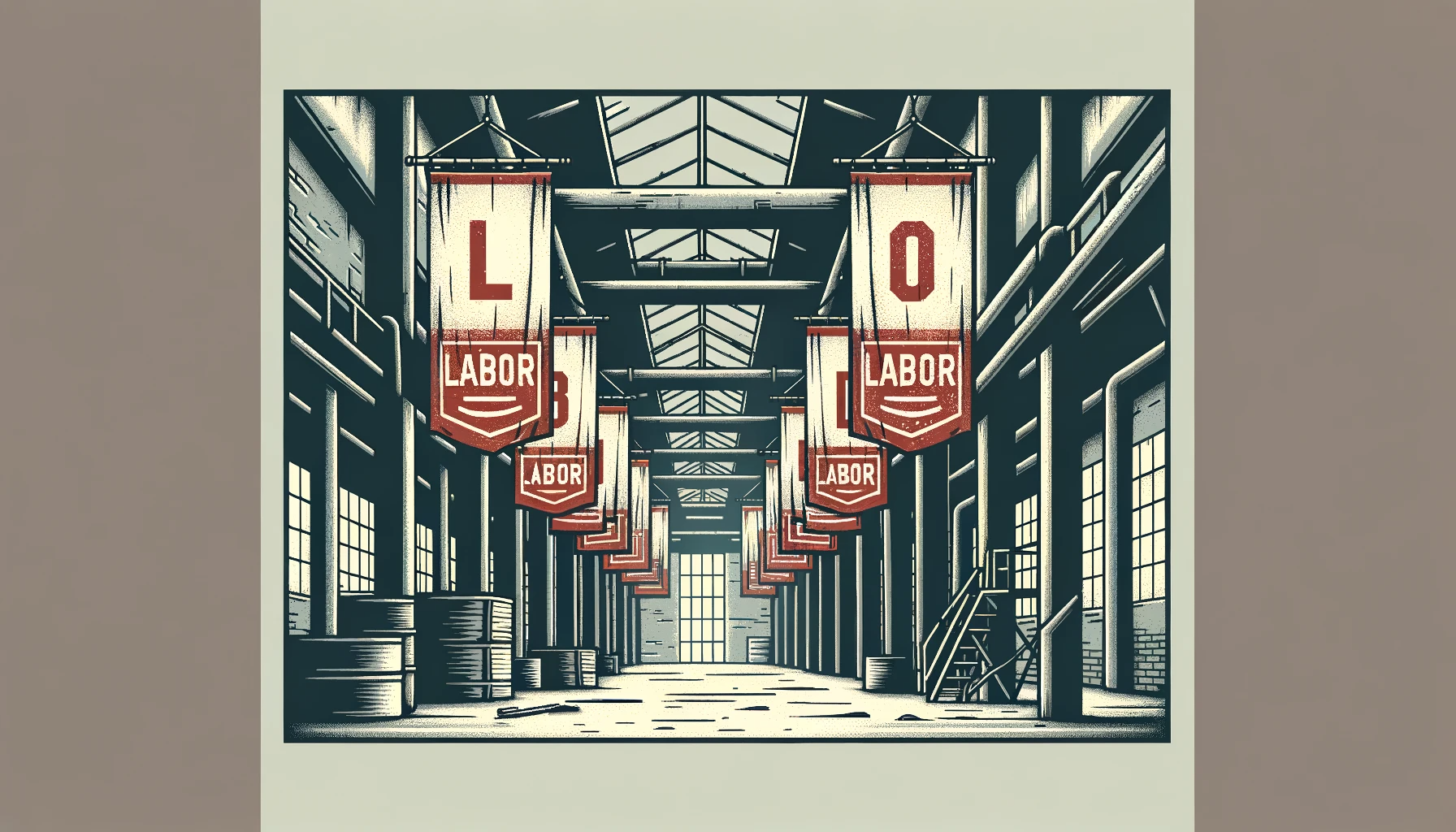
Navigating the legal restrictions and political co-optation of organized labor in Lebanon.

Holding those in power to account will be no simple task, given Lebanon’s notorious culture of impunity in the construction sector.

Lebanon’s short-sighted economy has chased profits for the few at the expense of the gener- al public, resulting in almost three quarters of wealth being owned by 10 percent of the population.
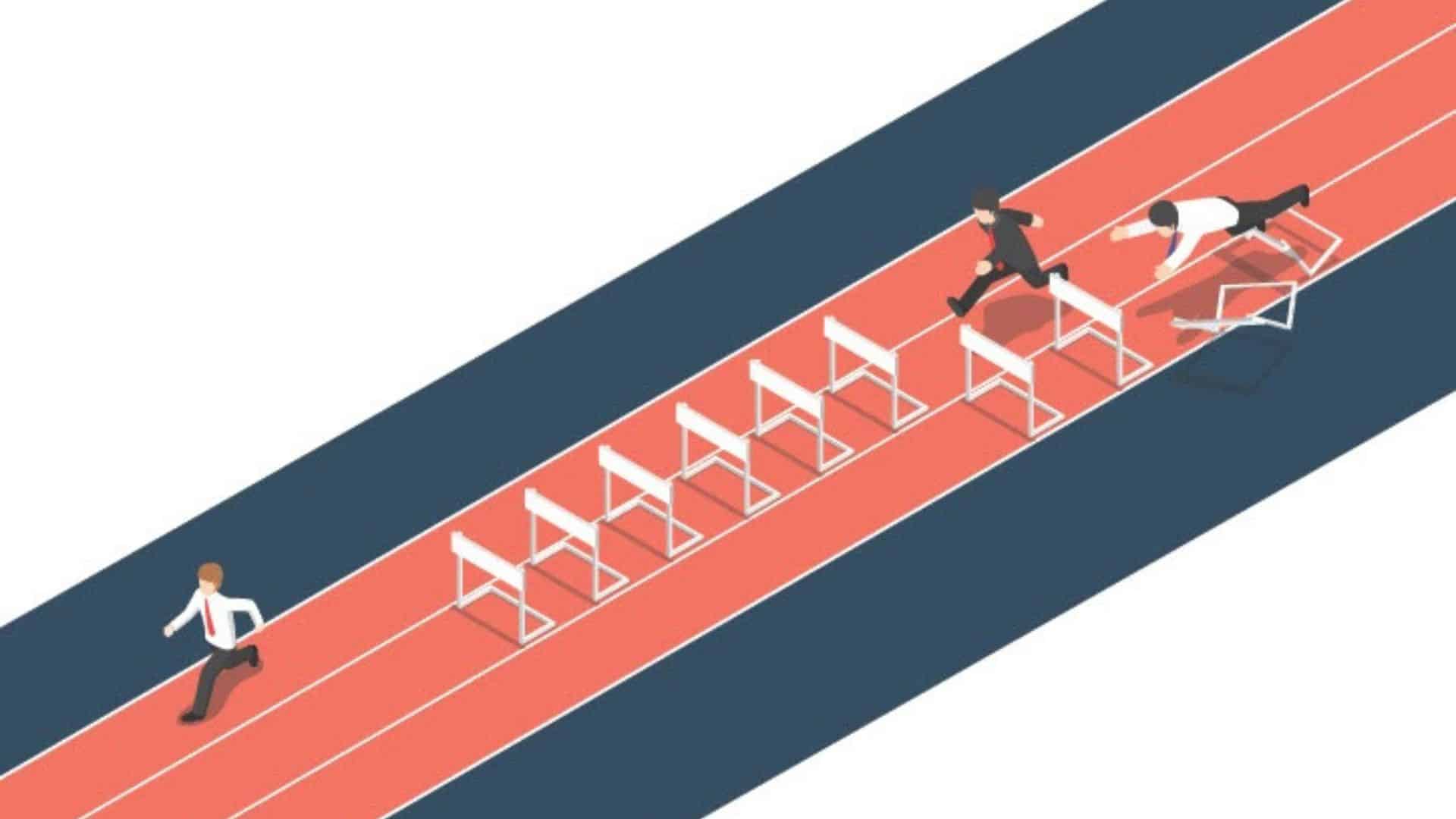
For decades, Lebanon’s economy has overwhelmingly served the interests of certain economic actors, who preside over widespread monopolies and oligopolies.

How credit unions can bring more accountability to Lebanese finance.

Defaulting on Lebanon’s foreign-held debt may have patched up the country’s financial wounds, but it has not stopped the internal bleeding.
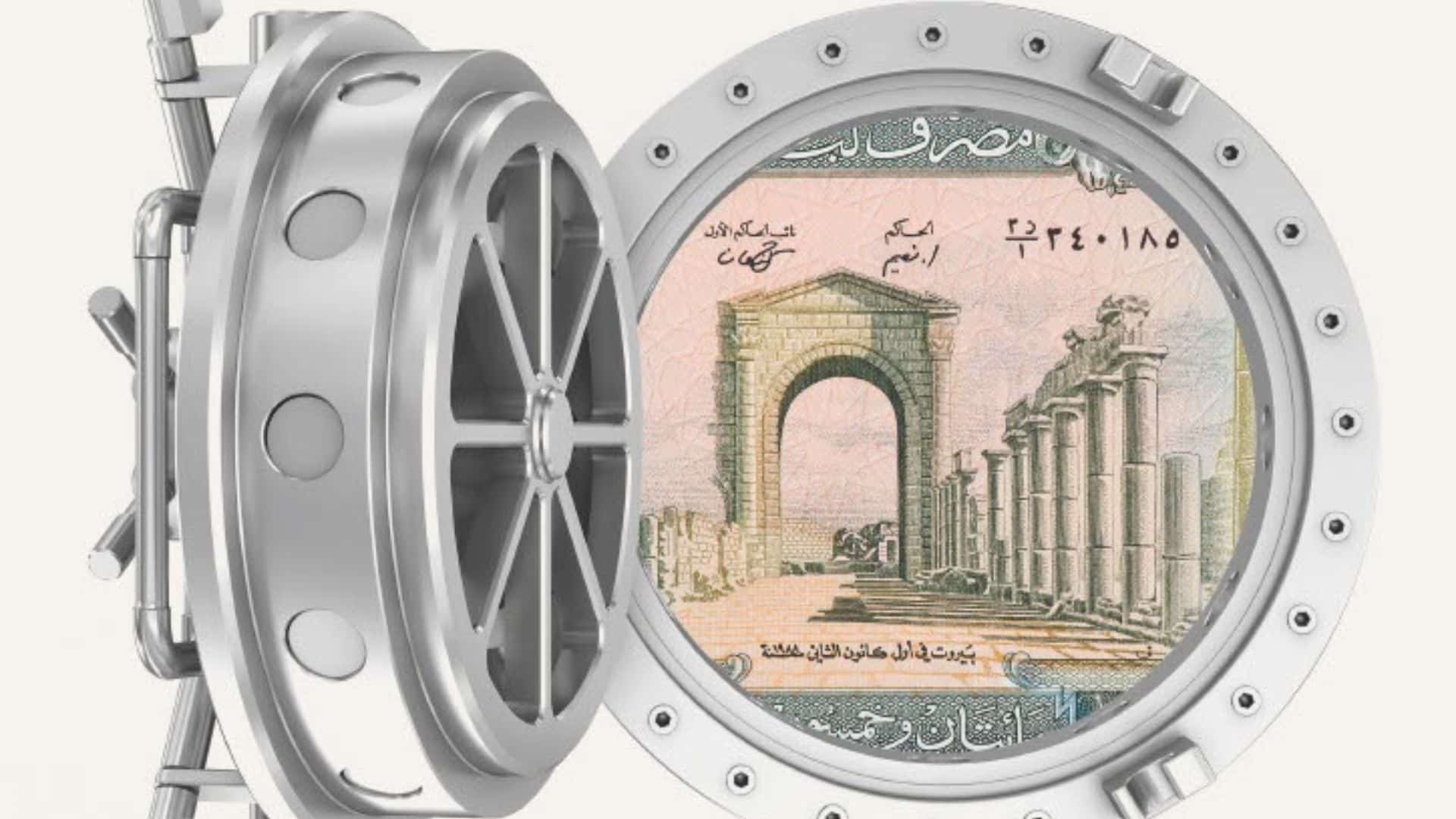
How Lebanon’s banking secrecy laws facilitate tax dodging and harm the national economy.

How Lebanon’s politicians and banks constructed a regulated ponzi scheme that ran the country’s economy into the ground.

Lebanese banks and financial companies that provide electronic money transfer (EMT) services profit off consumers through transfer fees and hidden exchange rates that are nothing less than exploitative.

Instead of continuing to support unaffordable housing prices, Lebanon’s central bank needs to lead a drive for public debt relief and remodel its stimulus packages to serve the public interest.